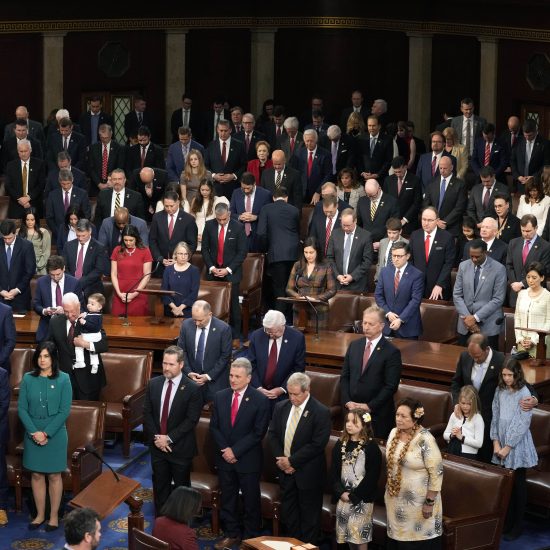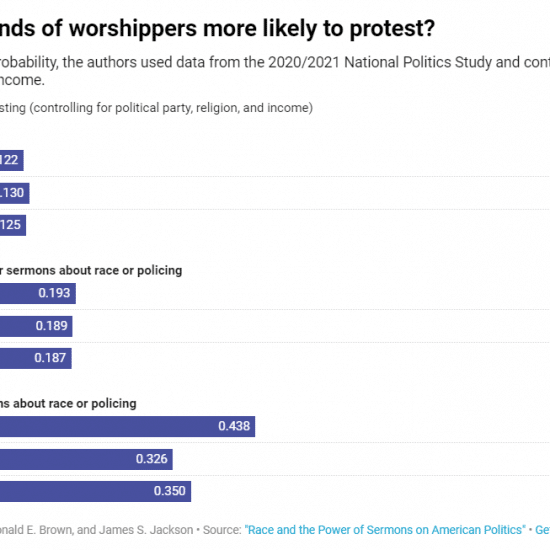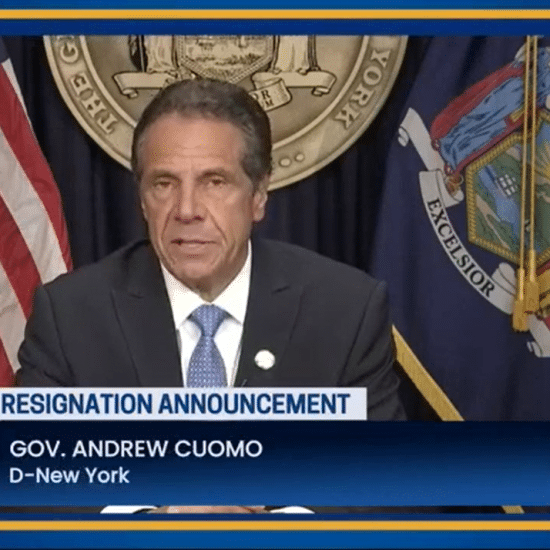These days, the news is full of disease, violence and death.
It’s hardly possible to go a day, or even an hour, without exposure to images of beheadings, airstrikes, nations invading nations, downed or missing airliners and the spread of horrific diseases.
And turning off the TV or bypassing the newspaper is no solution. Facebook, Twitter, YouTube and messages delivered to computers, tablets and phones carry the horror, too.
Avoiding those devices isn’t the answer, either. So, what is?
It’s prayer, said Jayne Davis, minister of spiritual formation at First Baptist Church in Wilmington, N.C.
The idea of “praying the news” is nothing new, and has long been promoted by monastics and missionaries as a way to keep Christians in solidarity with the poor and suffering around the world. Some denominations even provide members written prayers for specific news events.
But it’s also what the age of digital media calls for, Davis said.
“From where I sit, we’re either talking about ISIS or the Ukraine or Ebola,” she said. “It’s a challenging time in the world.”
Finding ‘a better way’
Christian Century columnist Carol Zaleski noticed that, too, and on Wednesday published a column titled “To pray the news.”
In it, she grapples with how Christians can respond to the overwhelmingly frightening nature of modern news.
She recalled the ancient monastic practice of staying focused on suffering as a motivation for continual prayer.
“St. Benedict said we should keep death daily before our eyes,” Zaleski said. “But Benedict could scarcely have imagined a time when death would be placed daily before our eyes, not by deep reflection but by shallow projection on flickering screens, gazed at unprepared.”
Those screens are never far away, she writes, which has led her down the path of getting much of her information from news aggregators.
“Not surprisingly, Google News comes up first whenever I Google ‘news’ — and its aggregated content is overwhelmingly about death, death delivered in graphic detail, death awareness in a form that is anything but good for the soul.”
She notes that others have passionately proposed one solution: abandoning news consumption completely. These “self-help gurus,” she said, argue that the news is bad for health, creativity, mental acuity and prosperity.
The proposed cure — ignoring the news — is too extreme and self-absorbed.
“Assuming we wish to realize in some meaningful way our connection to other human beings on this planet, there has to be a better way,” Zaleski wrote.
It’s praying the news, she said.
“It’s worth a try, in any case, if the only other options are news-obsession or world-rejection.”
Finding balance, compassion
Methods for praying the news can vary from praying for each person mentioned in a story or report, or more generally reading or viewing from a prayerful state.
However it’s done, it’s important that Christians do it as a way of avoiding being spiritually and emotionally influenced by the negative words and images gushing from news and social media, Davis said.
Gruesome images and videos and sensationalized headlines create a constant state of emergency and anxiety in consumers. Unchecked, such content can challenge a Christian’s spiritual formation.
“Anything you are bombarded with will begin to form you,” she said.
Prayer, like any intentional practice, is an effective counter to the negativity present in the news. Christians can take it a step further.
“It’s helpful to me, in addition to prayer and reading Scripture, in finding something where I can get to the human needs that arise from a story,” Davis said.
Example: if someone feels stressed out and helpless about the immigrant children crossing the Mexican border, find a way to help homeless or other children in need in a local community.
“We feel this hopelessness so we want to shut it out, but God calls us to be his hands where we are,” Davis said.
Praying the news, she added, can increase compassion for those in the news and others who experience violence or hunger or death. That enables a Christian to stay tuned in to what’s happening in the world without being consumed by it.
“Christians certainly are not called to bury their heads in the sand,” she said.
The key is balance, however.
“We need to be praying the news, but we don’t need to be watching it all day long.”






